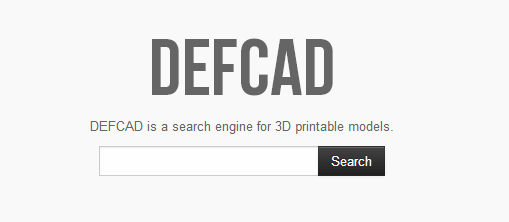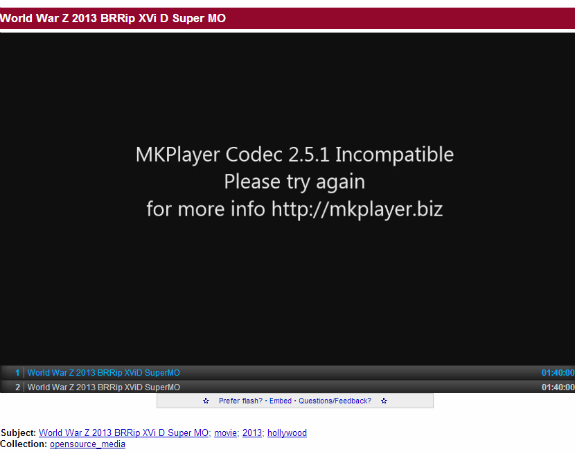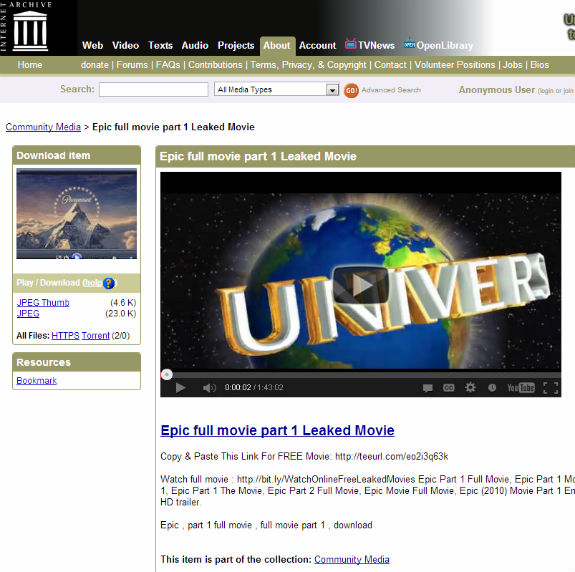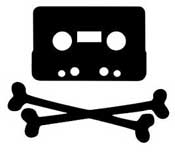DEFCAD Launches ‘The Pirate Bay’ of 3D Printing
vendredi 20 septembre 2013 à 19:29 Late last year the 3D print website Thingiverse decided to ban 3D gun designs, citing their terms of service which clearly prohibit files used to make weapons.
Late last year the 3D print website Thingiverse decided to ban 3D gun designs, citing their terms of service which clearly prohibit files used to make weapons.
In a response Defense Distributed, the people behind the first 3D printable gun, threw up a website to host the designs that had been banned at Thingiverse. This included the popular blueprints of their own gun “The Liberator.”
The worldwide release of the prints did not sit well with the State Department’s Office of Defense Trade Controls who kindly requested that DEFCAD remove the availability of the 3D printable gun documents, citing a possible violation of International Traffic in Arms Regulations.
The files in question were removed, but at the same time DEFCAD was already working on a new project that would be harder to censor. Defense Distributed founder Cody Wilson had started to raise funds for a separate meta-search engine, the first to focus on 3D print models.
“In March of this year, seeing an opportunity to expand the DEFCAD concept to fight the prevailing ideas about intellectual property in the entire physible space, I split Defense Distributed and DEFCAD and turned the latter into another company,” Wilson tells TorrentFreak.
“The idea was to move away from direct hosting to employ the first amendment victories won by Google in the courts and become a meta-search engine as a more robust way of spreading and preserving physibles. We hope to build a piece of infrastructure to help stem the next wave of the IP wars in advance, if you will.”
DEFCAD raised a significant amount of funds and has now quietly rolled out the meta-search engine to the public on DEFCAD.com. While still labeled as an Alpha release the site already indexes more than 74,000 files, all stored on external sites.

DEFCAD has been labeled the “Pirate Bay of 3D printing” as Wilson and his team previously pledged not to take any content down. Those who take a good look at the site will also notice some other Pirate Bay references, including the “kopimi” logo at the bottom and the use of magnet links. In addition, many of the files linked on DEFCAD are hosted on the Bayfiles hosting site which was launched by two Pirate Bay founders.
While DEFCAD doesn’t mind being linked to The Pirate Bay, Wilson believes that the title doesn’t apply as much after they were forced by the authorities to censor their own work. He sees the Pirate Bay comparison mostly as “convenient headline writing,” which we were kind enough to make use of.
“After the State Department came after Defense Distributed and our hand was forced, I believe the Pirate Bay is still the Pirate Bay of 3D sharing. But nothing would be better than building complementary structures in the spirit of TPB,” Wilson says.
The involvement of government changed a few things, and unlike The Pirate Bay, the company has registered Wilson as DMCA agent to deal with takedown requests. While they initially received some complaints from Thingiverse users, DEFCAD has not yet received a single official DMCA takedown notice.
“There was some dissatisfaction with our public testing earlier in the summer. A handful of makers felt like we were taking advantage of Thingiverse’s bandwidth or not adequately respecting their ‘rights’ to their ‘property,’ but since we’ve appointed a DMCA agent we’ve received no takedown requests.”
Of course it is still early days for 3D printing and at the moment the scale of 3D print piracy is rather minimal. This is bound to change in the years to come, but DEFCAD’s founder doubts that it will ever compete with the size and prevalence of more traditional forms of piracy, such as sharing movies and music.
“I’m of two minds about this right now. Having grasped the state of 3D printing at the top and the bottom, I think the deck is stacked against movement physible piracy,” Wilson tells us.
“What I mean is that I don’t see the same passions being exercised to liberate copyrighted design as I see used to liberate entertainment media. This is probably obvious, and it may mean nothing for the future political defense of the physible, but I think the distinction is worthwhile.”
Wilson expects that when the ball starts rolling the entertainment industry might be the first to jump in to protect their 3D designs, as they have done already on a small scale.
“It’s interesting that the old movie and film giants were the first to issue physible takedown notices. It’s quite likely entertainment-related physibles are going to be the battleground in the near future,” Wilson says.
Earlier this year HBO was one of the first to issue a 3D print takedown request for a Game of Thrones iPhone cover. Those who search DEFCAD for the name of the popular series will see that they have plenty of work to do.
For now, however, the most downloaded files on the new meta-search engine are, perhaps fittingly, guns. With more than 6,000 downloads The Liberator v1.1 is the most popular, followed by other gun designs, the FOSSCAD Atlas SSR and DMR Shanrilivan with over 5,000 downloads.
Of course there are thousands of other designs available as well, and for the pacifist pirates out there DEFCAD also has plenty of booty.

Source: DEFCAD Launches ‘The Pirate Bay’ of 3D Printing




 In 2010, Dutch anti-piracy group BREIN went to court to try and force Ziggo, the Netherlands’ largest ISP, to implement a DNS and IP address block of The Pirate Bay.
In 2010, Dutch anti-piracy group BREIN went to court to try and force Ziggo, the Netherlands’ largest ISP, to implement a DNS and IP address block of The Pirate Bay. The majority of the reports and press releases put out by music industry groups over the past several years can be summarized in a few words: “Piracy is evil and we lose a lot of money because of it.”
The majority of the reports and press releases put out by music industry groups over the past several years can be summarized in a few words: “Piracy is evil and we lose a lot of money because of it.”